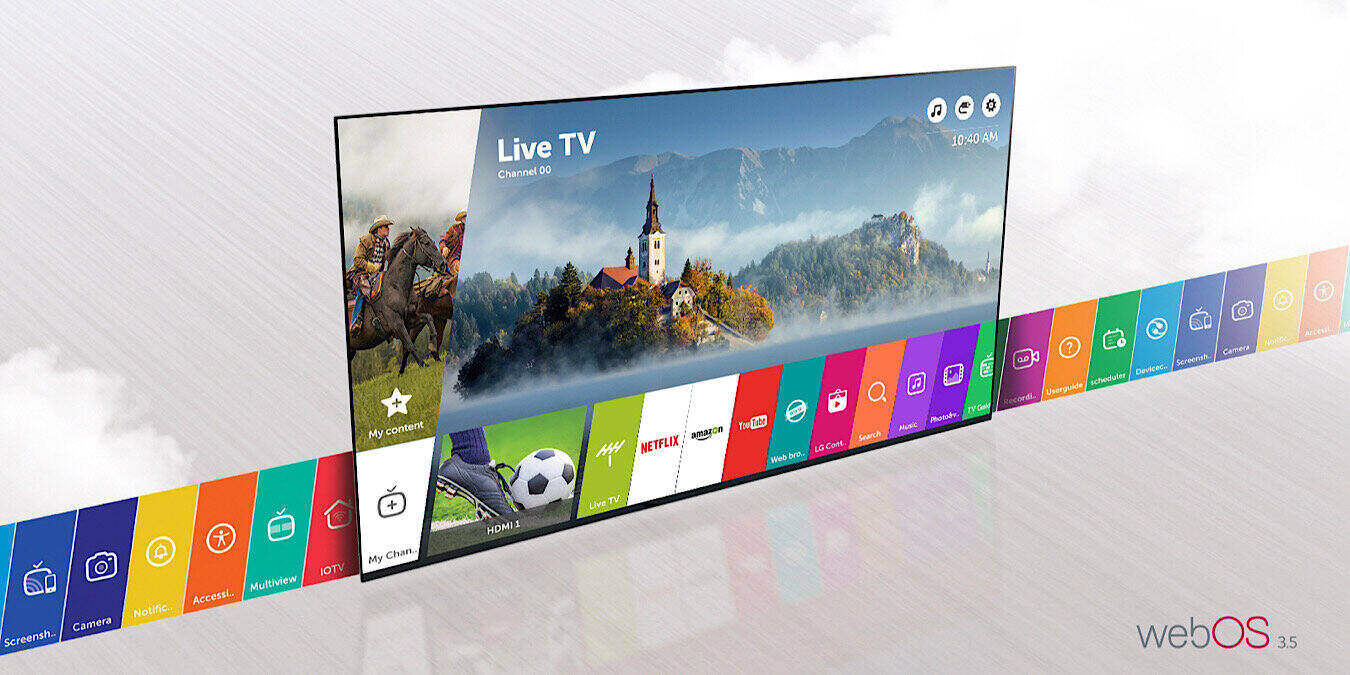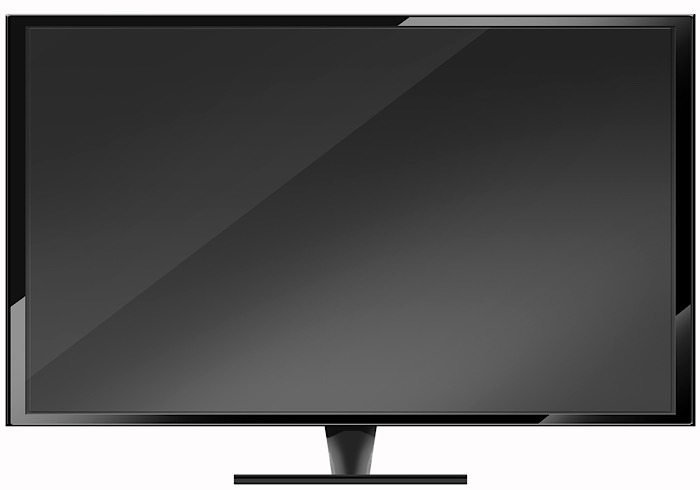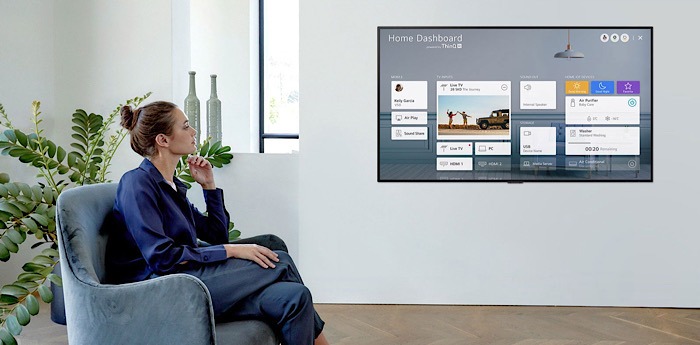
Alexa started out being just a voice assistant for Amazon, but now so many different products have Alexa capabilities. It was a wise business move. LG is considering something similar, though on a much smaller scale. LG is going to license its webOS software to other brands of TVs.
The WebOS Migration
WebOS is LG’s proprietary smart TV software. It began as a mobile operating system for Palm Inc.: Palm WebOS. It was acquired by Hewlett-Packard, which made it open source and renamed it Open webOS. LG then acquired it and renamed it just webOS, using it primarily for Smart TVs, but it also appears in the brand’s smart refrigerators and smart projectors.
This week LG announced it’s licensing webOS to RCA, Ayona, Konka, and other brands of smart TVs. “This has the potential to reshape the TV business for both technology and content providers while significantly growing LG’s presence and prominence in the global home entertainment market,” said LG in a press release.

Just last month, LG revealed a significant update to webOS at CES 2021. The slide-up interface has been eliminated and is being replaced by a more traditional scrolling home screen. The platform now closely resembles a streaming device.
But that’s not what the licensed users of webOS will see. The licensed version of the software more closely resembles webOS 5.0, which is going back to a much earlier version.
While it’s not following Amazon’s trajectory with Alexa, per se, it is following what Amazon did with Fire TV Edition TVs and what Roku did with Roku TV.
LG’s Offer to Other TV Brands
LG says its TV partners will get the following out of the deal:
“Licensees of webOS TV receive the familiar and highly acclaimed UX design along with a rich pool of features such as voice search and control, integrated AI algorithms, and easy connectivity that have earned webOS positive industry and consumer accolades. With LG webOS TV, partners also get a diversity of content options, including access to global streaming service apps such as Netflix, YouTube, Amazon Prime Video, and sports streaming service DAZN, as well as LG Channels, the company\’92s free premium content streaming service. Compatible TV models also include the dedicated Magic Motion remote controller.”
Of course, LG stands to benefit greatly in this deal as well. It gets a further spread of webOS, and that means the company gets a larger advertising revenue. It also means access to more user data, which seems to be the current currency of most big tech companies as of late.

Any time you insert yourself alongside major players such as Amazon, Google, Facebook, and Apple – there’s a reason. LG appears to be aiming to be an equal alongside Google and Amazon who load Android and Fire TV in multiple brands of televisions.
It also points to a growing trend in technology: merging into a few super-power core companies to get larger control of the industry. With LG, Google, and Amazon running on most smart TVs, there isn’t that much room left for smaller companies to leave a footprint.
Before you head to the store to pick up a smart TV of your own, read What Is a Smart TV? All You Need to Know.
Image Credit: LG 65″ Smart TV, LG webOS V3.5.jpg by Henblo, and public domain







